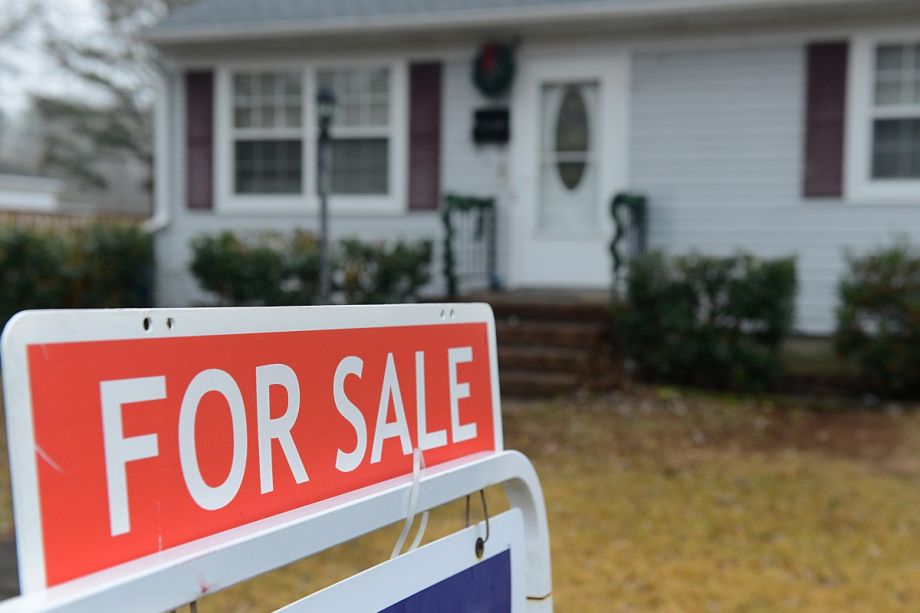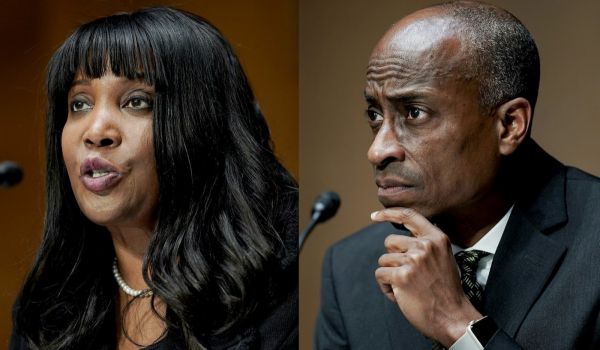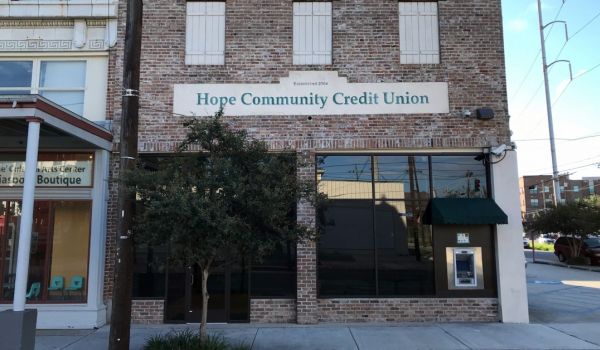Expanding access to homeownership is crucial for closing the racial wealth gap. The Change Company, an Irvine, California-based CDFI, is working to solve that problem by making homeownership more accessible to credit-worthy borrowers from Black, Latino and low-to-moderate income communities.
In February, the company closed the first residential mortgage-backed securitization originated exclusively by a CDFI. Securitization refers to the grouping of assets, such as home loans, which are then repackaged and sold to investors.
The $297 million offering included socially responsible asset managers and banks interested in financing mortgages for underrepresented groups. It comes after the Institutional Shareholder Services (ISS) validated that The Change Company’s loan framework, mission-driven mortgage products, and social lending align with the Social Bond Principles established by the International Capital Market Association and meet the United Nations’ Sustainable Development Goals.
The Change Company was certified as a CDFI in 2018 with the goal of expanding access to capital for homeownership, founder Steven Sugarman says. Since then, they’ve funded more than $20 billion in loans for more than 50,000 families nationwide.
Next City spoke to Sugarman recently about how securitization could make homeownership more accessible and how other CDFIs can replicate the model for home loans.
Why is promoting homeownership among marginalized groups so important?
Homeownership is the primary way that generations of Americans have built their wealth. You really can’t solve the racial wealth gap until you solve the homeownership gap.
Equality is important for poor people, rich people, minorities — for all people. If you have the creditworthiness to buy a home, you should be allowed to buy a home. By buying a home, you get better credit scores, you get the ability to build net worth and wealth, you have a place that is your own that you can invite family and extended family into. There’s no reason that anything other than a person’s credit and creditworthiness should impact their ability to get a home loan.
What’s so significant about the securitization of residential home loans originated by a CDFI?
We don’t think that the importance can be overstated. Since February, we closed our second securitization. What it enables us and hopefully other CDFIs to do is to get the same cost of capital and the same access to scalable capital as banks and traditional mortgage lenders. If we can access capital through securitization, it reduces the pricing to our borrowers and enables us to truly solve the problem because we can start lending in the tens of billions each year and addressing major parts of the underbanked problem for those who are underbanked for non-economic reasons.
Is securitization for home loans something other CDFIs could model?
For us, it was a multi-year process to work with the rating agencies and work with institutional investors to understand the similarities between our loans and loans from traditional banks. It was so they didn’t have unjustified concerns and to work with them so they could watch and understand our collateral. We think that other CDFIs now have a roadmap for how to go through the securitization process itself. Hopefully, we’ll see this become a situation that’s not unique and where capital markets flow to CDFIs as they do to independent lenders.
What could expanded securitization by CDFIs mean for the future of the homeownership gap?
[JPMorganChase CEO] Jamie Dimon spoke about how the market for qualified creditworthy homeownership in minority and underbanked communities is about $1 trillion in size. That’s a lot of lending. CDFIs themselves don’t have balance sheets of $1 trillion, so we can’t solve this problem unless we’re able to partner with large institutional investors, asset managers, insurance companies, and banks. The securitization market is a way to do that — a way to invite large asset managers, banks, and insurance companies to invest in these loans in a format that they recognize.
We’re hopeful that the transparency that comes with securitizations that banks and other lenders will quickly appreciate that CDFI borrowers are creditworthy and often more creditworthy than traditional borrowers. They just happen to not fit within the standard box. Over time, we hope it shows that this isn’t a charitable activity as much as it’s a loan that’s creditworthy, and that’s bringing equity and fairness into lending.

This story is part of our series, CDFI Futures, which explores the community development finance industry through the lenses of equity, public policy and inclusive community development. The series is generously supported by Partners for the Common Good. Sign up for PCG’s CapNexus newsletter at capnexus.org.
Erica Sweeney is a freelance journalist based in Little Rock, AR. She covers health, wellness, business and many other topics. Her work has appeared in The New York Times, The Guardian, Good Housekeeping, HuffPost, Parade, Money, Insider and more.








_600_350_80_s_c1.jpg)







